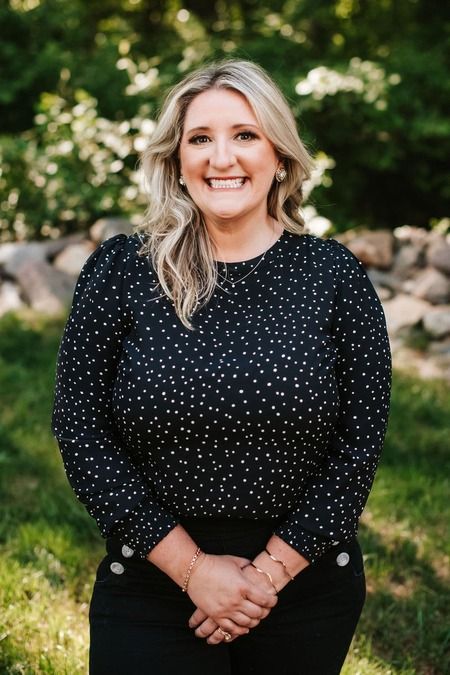
Richmond, VA (September 7, 2021) — Virginia recently passed a law extending COVID-19-related workers’ compensation coverage to first responders and front-line medical workers.
This expansion allows these kinds of employees who contract or contracted COVID-19 to seek compensation from their employers.
Workers’ compensation attorneys expect complications from this new law. When a claim is filed, the law presupposes that the employee contracted the virus while at work.
The employer or their insurance company must affirmatively show that the infection did not happen while the employee was working.
This will be extremely difficult for employers to accomplish.
Casey Ariail recently spoke with Virginia Mercury, an online news publication, about the ripple effect he expects this new law to have on the legal profession.
This new law “flips the burden,” the article quotes Casey. “Typically, for the person bringing any kind of claim, it’s on them to prove it. And that’s why these laws are important—the presumption flips the burden of proof to the employer.”
In addition to this untraditional shifting of the burden of proof, Casey also discussed the nature of the law is retroactive.
First responders can file suit for claims that accrued on or after July 1, 2020. Front line medical workers can go all the way back to March 12, 2020.
Casey explained, in the Virginia Mercury article, that the global pandemic by itself is a strong defense for making the law retroactive. However, many opposing attorneys question the timing of passing the law so late in the pandemic.
Virginia attorneys plan to test the new law out first within the context of extreme cases. The reasoning behind this is that any potential snafus can be resolved before relying on this law in legal claims.
“I feel like, unfortunately, someone is going to have to be the first one to test this,” Casey said in the article. “Everyone’s kind of learning as we go—it’s like building an airplane as you’re flying it. And the unfortunate part is that the people it gets worked out on are the ones who are going to suffer through the process.”
The full article is available on the Virginia Mercury website.

